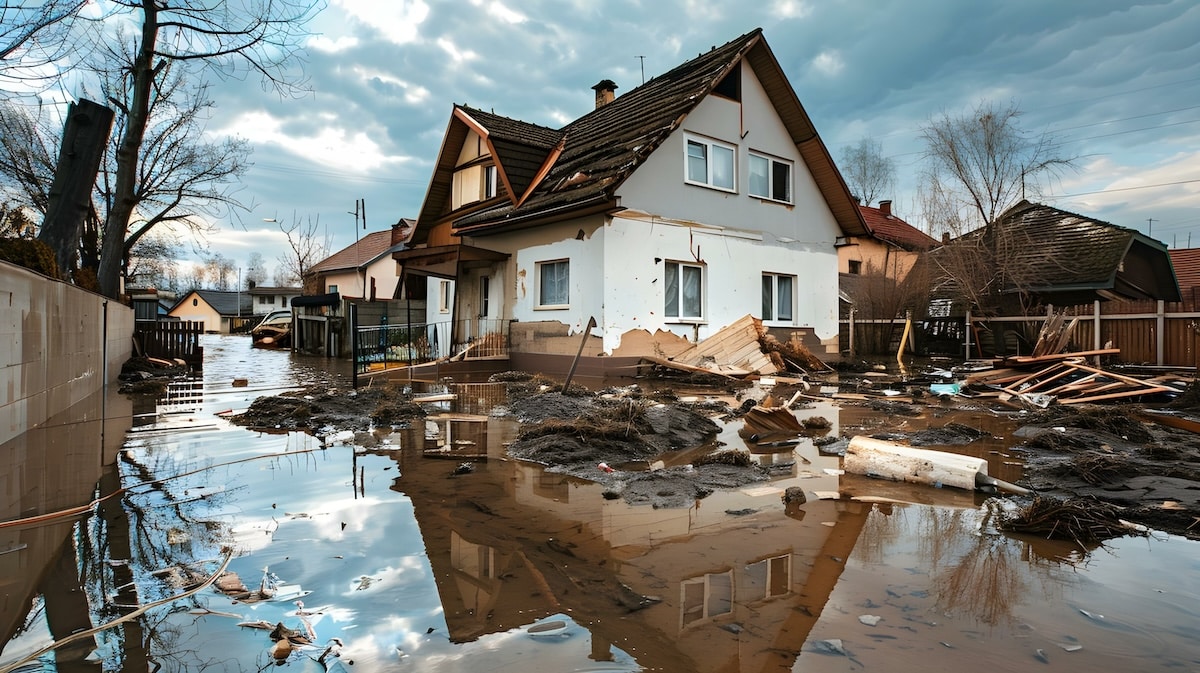[ad_1]
DENVER — The federal appeals court covering Colorado and 5 neighboring states has for the initially time affirmed that the public’s appropriate to film police is shielded under the 1st Modification — a landmark ruling celebrated by push freedom organizations.
“Primarily based on Initially Modification rules and pertinent precedents, we conclude there is a 1st Modification proper to film the police undertaking their obligations in community,” Choose Scott M. Matheson Jr. wrote in a printed feeling on behalf of a a few-choose panel of the 10th U.S. Circuit Court docket of Appeals in Denver.
The U.S. Supreme Courtroom has not still taken up the problem.
The ruling centers on the case of YouTube journalist Abade Irizarry. On May well 26, 2019, Irizarry and a few other people took out their telephones to movie a DUI targeted visitors end in Lakewood, only for officers to intentionally impede their line of sight.
Individuals are also reading…
1 officer, Ahmed Yehia, also shone a shiny light into their cameras and then gunned his police cruiser directly at the journalists even though blasting his air horn, in accordance to the ruling.
Irizarry sued Yehia, saying the officer violated his 1st Amendment rights. A district court choose threw out the lawsuit, expressing Yehia was entitled to skilled immunity as a legislation enforcement officer.
But Monday’s ruling reversed the selection, with the 10th Circuit judges concluding Irizarry’s correct to film law enforcement “falls squarely in the To start with Amendment’s core functions to safeguard free and sturdy discussion of general public affairs, maintain government officers accountable and verify abuse of power.”
Push independence organizations applauded Monday’s ruling, contacting the ideal to history police “exceptionally crucial” for keeping regulation enforcement businesses accountable.
“It is a enormous victory,” claimed Dan Shelley, president and CEO of the Radio Tv Electronic Information Association and Basis. “It truly is a person we hope is replicated by the remaining circuit courts of attraction that have not nevertheless spoken on this situation.”
Colorado legislation states that “officers may well not threaten or intimidate people who are recording police functions.” But that doesn’t necessarily mean it doesn’t come about.
In 2018, journalist Susan Greene was detained and place in handcuffs soon after refusing to end recording an arrest on a public sidewalk. The Denver law enforcement officers took Greene’s telephone, telling her to “act like a woman.” The Denver Law enforcement Division later on disciplined the officers for violating plan.
“It is really absurd it desired a court docket scenario to get the place throughout that we have primary Initially Modification rights in the 10th Circuit to watchdog law enforcement and other officers who function on the public’s dime,” Greene reported Monday. “It truly is a no-brainer.”
The U.S. Supreme Court declined final 12 months to get a situation on this problem, leaving it to the circuit courts of charm to rule for by themselves. Users of Congress also planned to introduce legislation final year that would enshrine the suitable into law, but the monthly bill never manufactured it to a vote.
Devoid of a Supreme Courtroom ruling or act by Congress, Shelley explained, the patchwork method of protections will continue on to exist.
“It truly is prolonged overdue for Congress to act on this laws,” he explained.
Shelley and other push liberty advocates greatly protested a latest invoice signed into regulation by Arizona Gov. Doug Ducey, which will it make unlawful for individuals to document movies inside of eight ft of law enforcement action.
To start with Amendment attorneys say the regulation could have a chilling impact on citizens recording arrests. Online video proof in the conditions of George Floyd in Minneapolis or Eric Garner in New York supplied surprising proof of police brutality that aided spawn racial justice movements throughout the place.
“Each working day in the United States, in encounters in between legislation enforcement officers and the community, a thing takes place that winds up in dispute,” Shelley said. “Only by possessing citizens safeguarded by proper-to-file rules can routines of law enforcement concerned in people disputes be settled.”
In addition to Colorado, Monday’s ruling is applicable in Kansas, New Mexico, Oklahoma, Utah and Wyoming.
[ad_2]
Resource backlink





